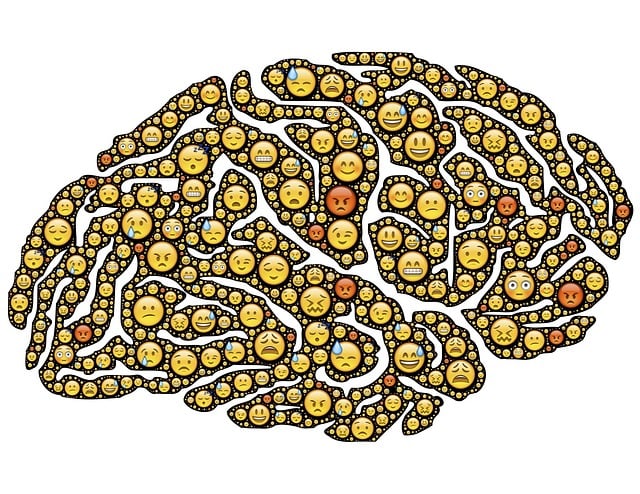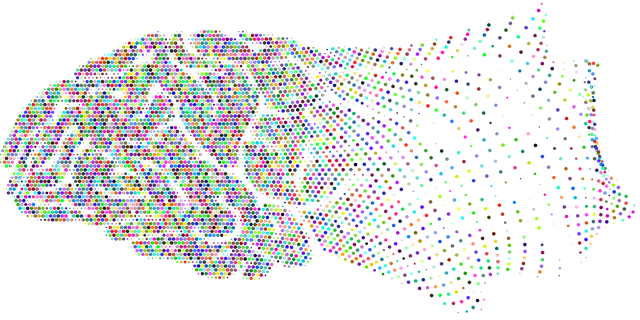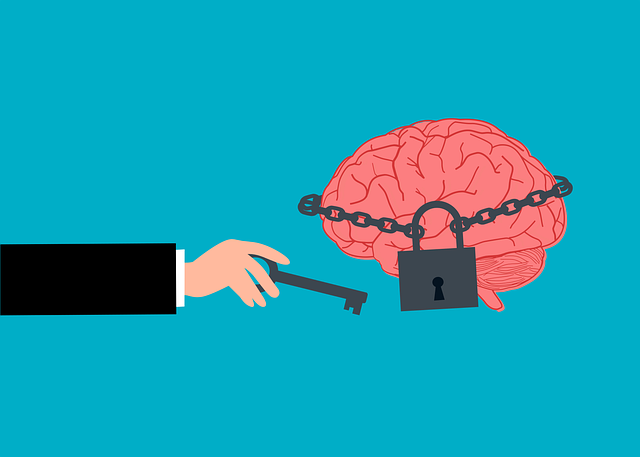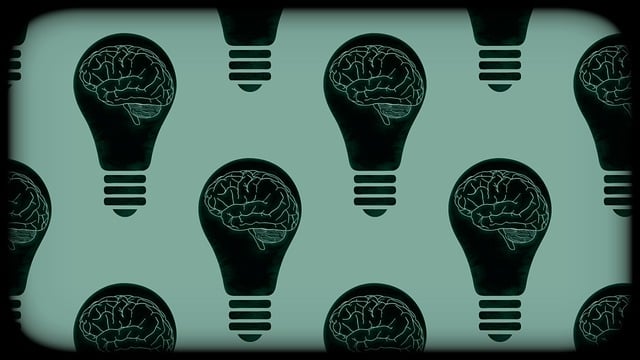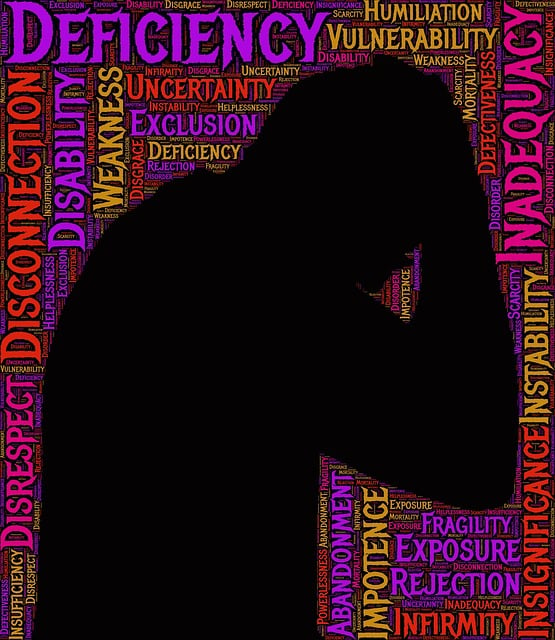Lafayette Functional Neurological Disorder (AFND) therapy at its core values cultural sensitivity, recognizing diverse backgrounds for personalized care. Therapists adapt practices to respect ethnicities, religions, and traditional healing methods, creating safe spaces for open dialogue. This approach addresses cultural nuances in emotion expression, help-seeking behaviors, and risk management, leading to effective AFND treatment outcomes. Ignoring these differences can cause miscommunication and ineffective therapy, especially with varying beliefs about mental health and spirituality. Culturally sensitive practices, including stress reduction and trauma support, are essential for inclusive healthcare and improved patient results.
In today’s diverse society, cultural sensitivity is paramount in mental healthcare. Understanding and respecting cultural differences can significantly enhance therapeutic outcomes, especially for conditions like functional neurological disorders (FNDs). This article delves into the essential concept of cultural sensitivity, exploring its definition, benefits, and challenges. We present a case study highlighting Lafayette Functional Neurological Disorder Therapy’s success in addressing cultural barriers. Additionally, practical strategies are offered to integrate cultural sensitivity into mental healthcare practices, including training, adaptive approaches, and inclusive environments, ensuring effective care for all.
- Understanding Cultural Sensitivity in Mental Healthcare
- – Definition and significance in cross-cultural therapy
- – Challenges faced when cultural differences are ignored
Understanding Cultural Sensitivity in Mental Healthcare

Cultural sensitivity is a vital aspect of mental healthcare practice, ensuring that therapeutic approaches are tailored to meet the unique needs and beliefs of diverse patient populations. It involves recognizing and appreciating the impact of cultural factors on mental health and well-being, and it’s a key component in providing effective treatment for conditions like functional neurological disorder (FND). For instance, a patient from a different cultural background may express their symptoms and experiences differently than someone from the therapist’s own culture.
At Lafayette Functional Neurological Disorder Therapy, we emphasize cultural sensitivity as an integral part of our approach. This means understanding and respecting each patient’s individual cultural context, including their values, beliefs, and traditional healing practices. By incorporating self-awareness exercises and emotional intelligence into therapy, we help patients navigate the complexities of their cultural identities while managing stress and promoting positive mental health outcomes. Effective cultural sensitivity fosters an environment where patients feel understood, valued, and empowered to share their authentic selves during treatment.
– Definition and significance in cross-cultural therapy

Cultural sensitivity is a cornerstone in cross-cultural therapy, ensuring that mental healthcare practices are inclusive and effective for individuals from diverse backgrounds. It involves understanding and appreciating the unique cultural values, beliefs, and traditions of clients, which can significantly shape their perceptions of health, illness, and healing. This awareness enables therapists to adapt their approach, creating a safe and supportive environment that fosters open communication and genuine connection.
For instance, a therapist practicing Lafayette Functional Neurological Disorder (AFND) therapy should be attuned to cultural differences in expressing emotions or seeking help. Self-awareness exercises and positive thinking strategies might need to be tailored to accommodate different cultural contexts. Moreover, risk management planning for mental health professionals emphasizes the importance of considering cultural factors to prevent misunderstandings, build trust, and ultimately improve therapeutic outcomes.
– Challenges faced when cultural differences are ignored

When cultural differences are ignored in mental healthcare practice, it can lead to a multitude of challenges. These include miscommunication between patients and therapists, where nuances in language and non-verbal cues may be lost or misinterpreted. Such misunderstandings can hinder effective therapy, as what is considered appropriate treatment in one culture might be offensive or ineffective in another. For instance, certain therapeutic practices that work well with individuals from Western backgrounds might not resonate with those from Eastern cultures, where collective values and spiritual beliefs play a significant role.
Moreover, ignoring cultural differences can limit the ability to diagnose and treat specific conditions accurately. Cultural factors can influence the expression of symptoms, which means what appears as a neurological disorder in one culture might be attributed to different causes or given distinct names in another. For example, conditions like Lafayette Functional Neurological Disorder (LFND) may manifest differently across cultures, requiring tailored therapeutic approaches that consider these variations. Incorporating stress reduction methods and trauma support services that are sensitive to cultural contexts can significantly improve patient outcomes. Public awareness campaigns development that acknowledge and respect diverse cultural beliefs can also foster a more inclusive mental healthcare environment.
Cultural sensitivity is an indispensable aspect of mental healthcare, especially as communities become increasingly diverse. Recognizing and respecting cultural differences can significantly enhance therapy outcomes, fostering a safe and supportive environment for individuals seeking help, including those with conditions like the Lafayette Functional Neurological Disorder. By understanding and navigating these nuances, mental health professionals can ensure their practices are inclusive and effective, ultimately improving access to quality care for all.
